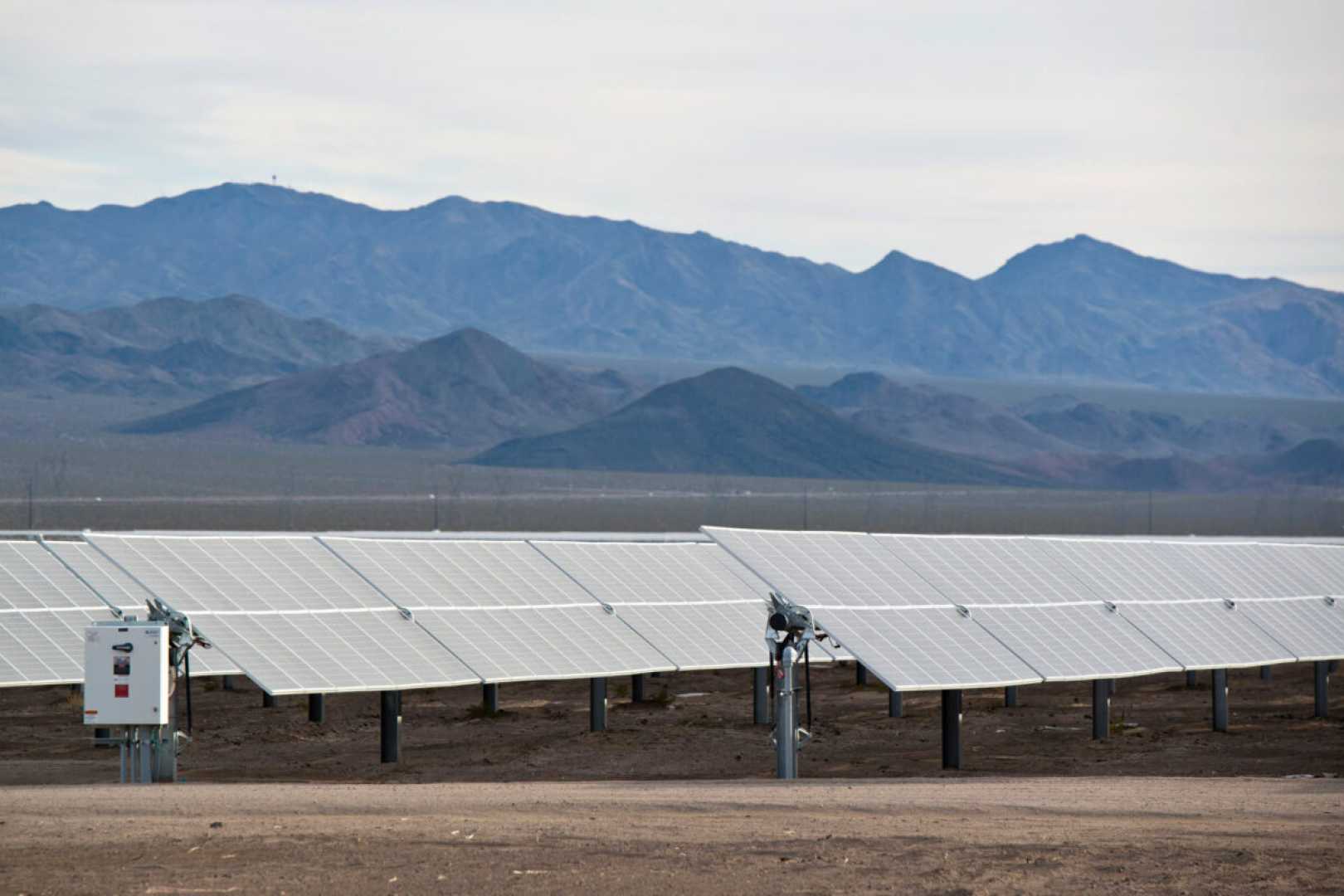News
Nevada’s Solar Future Hindered by New Utility Charges

LAS VEGAS, Nevada — Nevada has the potential to harness abundant solar energy, yet recent utility decisions may thwart progress. The state’s average sunshine and advancements in solar technology offer a chance for significant economic growth; however, the monopoly of NV Energy has cast doubts on this bright future.
The Public Utilities Commission of Nevada recently approved NV Energy’s new “daily demand” rate for residential customers. This change charges users based on power consumed during any 15-minute period, impacting their overall billing. Critics argue this structure discourages homeowners from investing in solar panels and purchasing electric vehicles.
Solar panels are most efficient during peak sunlight hours, and without storage solutions, homeowners may rely more on grid electricity after dark. As a result, the new rate could deter potential solar customers and undermine the financial advantages of solar installation.
Fewer solar installations may lead to increased dependence on NV Energy, particularly during the hot summer months. Residential solar users assist in balancing energy demand by providing their own electricity during critical periods.
The new billing policy also adversely affects electric vehicle owners. Those using home chargers will be billed for peak energy consumption when charging, which could lead them to change their charging habits. This shift may curb the growth of the electric vehicle market and prolong reliance on combustion engines.
NV Energy, under the ownership of Berkshire Hathaway, operates without competition, leaving residents vulnerable to controversial new policies. Governor Joe Lombardo‘s support of the U.S. Climate Alliance this year raised further concerns over the state’s commitment to renewable energy.
Vitaliy Kubushyn, a Las Vegas resident, expressed frustration over the financial impact of the new rate. He installed solar panels three years ago to contribute to environmental efforts and purchased an electric vehicle last year. With these changes, he fears that efforts to embrace solar energy are undermined by corporate greed.
The recent utility dynamics in Nevada raise critical questions about the future of solar energy in the state. The community awaits how these developments might impact energy choices and the transition to renewable sources.












